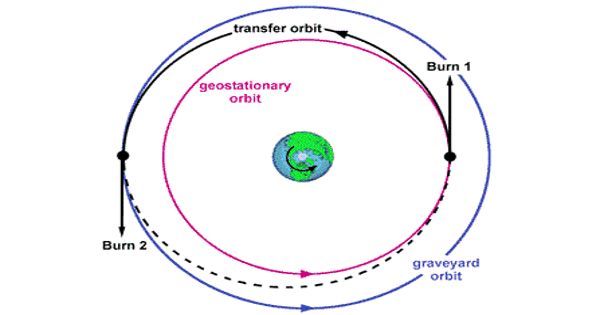CockroachDB aimed to become a global database from the very beginning. The founders of Cockroach Labs wanted to make sure that data written in one place could be seen instantly in another place 10,000 miles away. The case of use was simple, but the work required to make it happen was Hercules. The company is betting on the farm that it could solve one of the biggest challenges for web-scale applications.
The method of adopting it is clever, but it is somewhat complicated, especially for the non-technical reader. Given its history and engineering talents, the company is going to shut it down and make a big impact in the database market, making it like a technology understanding. In short, the detail is worth digging into. In Part 1 of this EC-1, I provide a general overview and an overview of the origins of cockroach labs. In this installment, I will keep the technical details of the technology for the non-technical reader.
- How does CockroachDB address the problem?
- What does it all mean for those using CockroachDB?
- What makes reading and writing data over a global geography so hard?
Spencer Kimball, CEO, and co-founder of Cockroach Labs described the situation as follows:
There are plenty of other things you need to consider when creating global applications, especially around data management. Take the Q&A website Kora, for example. Suppose you live in Australia. You have an account and you store your Cover user identity details in a database partition in Australia. But when you post a question, you don’t really want to post that information in Australia alone. The data you want to post everywhere so that all the answers to all the questions are available to everyone, anywhere.
You don’t want a situation like answering a question in Sydney and you can see it in Hong Kong but you can’t see it in the EU. When it comes to this, you will get different answers depending on where you are. This is a huge problem.
Reading and writing data on global geography is challenging for almost the same reason that delivering pizza across the street from across the city applies to the much faster time and space constraints required. Be it digital data or pepperoni pizza, the farther you are from the source, the more things it takes to reach you.
















